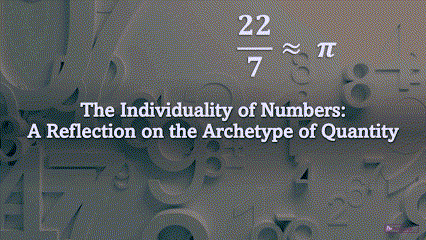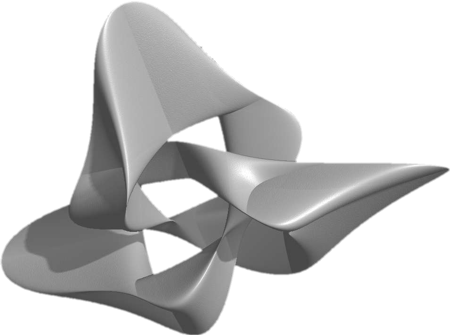
The Individuality of Numbers: A Reflection on the Archetype of Quantity
At first glance, numbers appear to be abstract, uniform, and impersonal. They are the language of logic, the currency of commerce, and the backbone of science. Yet beneath the surface of quantity lies something far more poetic: each number has a distinct personality, a kind of symbolic individuality that has been acknowledged for centuries in mystical, philosophical, and psychological traditions.
To understand numbers not merely as tools but as archetypes, we must step beyond the rigid domains of arithmetic and into the subtle territory where math meets meaning—a place the JungianCarl Jung and Sigmund Freud made significant contributions to the field of psychology, however their theories and approaches differed in More might call the symbolic psyche.
Numbers as Archetypes
Carl Jung, the Swiss psychiatrist and founder of analytical psychology, believed that the unconscious mind is structured around universal archetypes—primordial images or patterns that recur across cultures and time. Though often discussed in terms of mythological figures (the mother, the hero, the shadow), Jung also had deep respect for numbers as archetypal symbols. In fact, he wrote:
“Numbers are not concepts consciously invented by men for purposes of calculation. They are spontaneous products of the unconscious…”
— Carl Jung, Collected Works, Vol. 11
To Jung, numbers emerge not only in equations but in dreams, visions, and synchronicities. They represent underlying structures of the psyche—psychic realities that manifest themselves internally as well as externally.
The Personality of Numbers
Log in to Continue
Ashwagandha and black pepper are a powerhouse combination for improving overall health. Whether you’re looking to reduce…
When we encounter the word faith, it often evokes images of spiritual traditions – rituals, sacred texts,…


